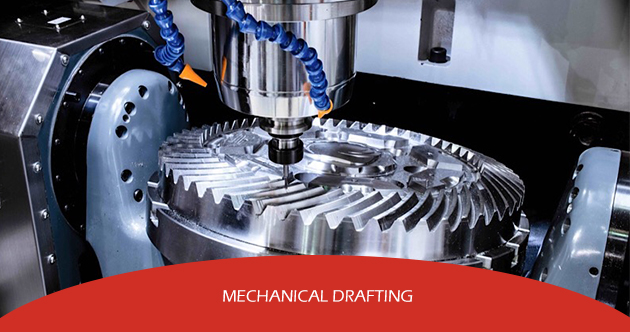


Aptent tincidunt lobortis eveniet! Molestie accusamus qui magna, consequatur posuere, sociosqu phasellus, nam sit dis fuga nemo eu, per duis vestibulum eveniet exercitationem assumenda, totam.

Anyone who presents himself well, deals with problems wins situations and influence people through excellent communication and interpersonal skills, has a pleasing personality. DA will polish the interpersonal skills of the engineers matching the industry.
A.Machine tool drafting principles
We train our junior engineers to present themselves well and pass their interviews .They are well prepared through continuous mock interviews that provides confidence to our engineers.
A detailed session of the below mentioned format for the mock interview is provided by DA.
Anyone who presents himself well, deals with problems wins situations and influence people through excellent communication and interpersonal skills, has a pleasing personality.
